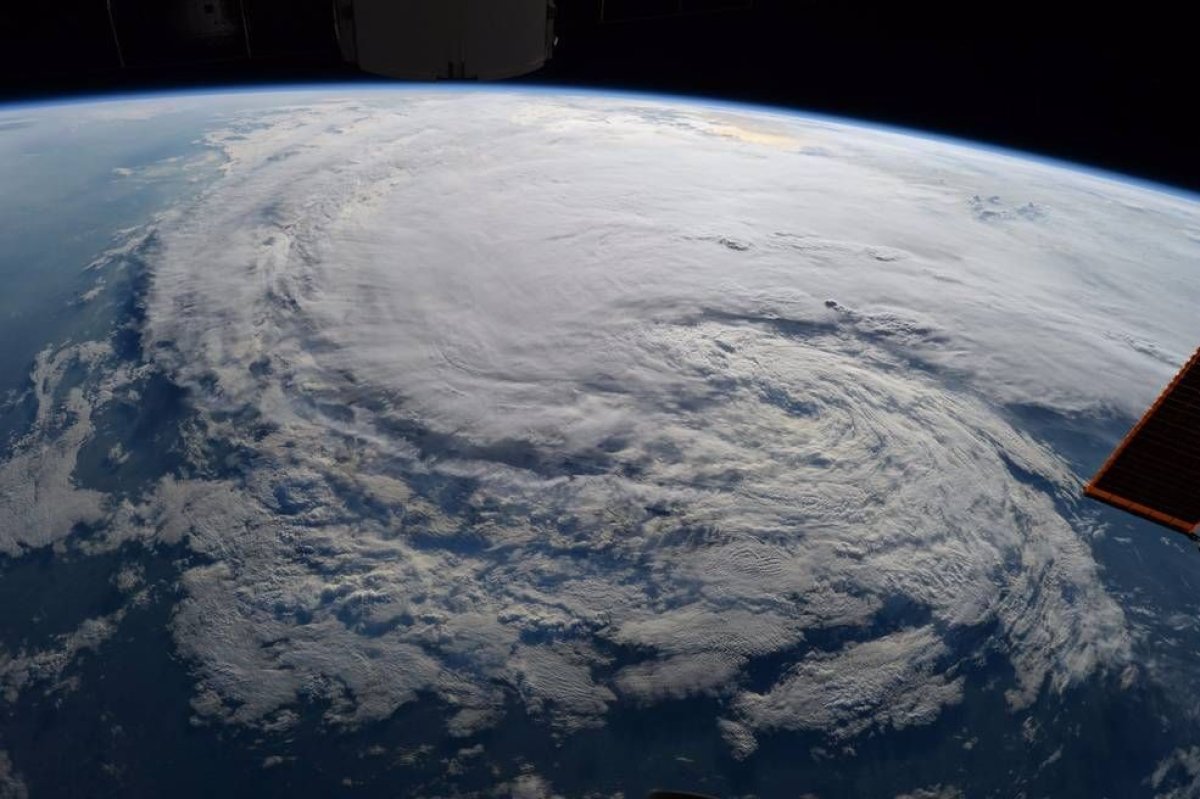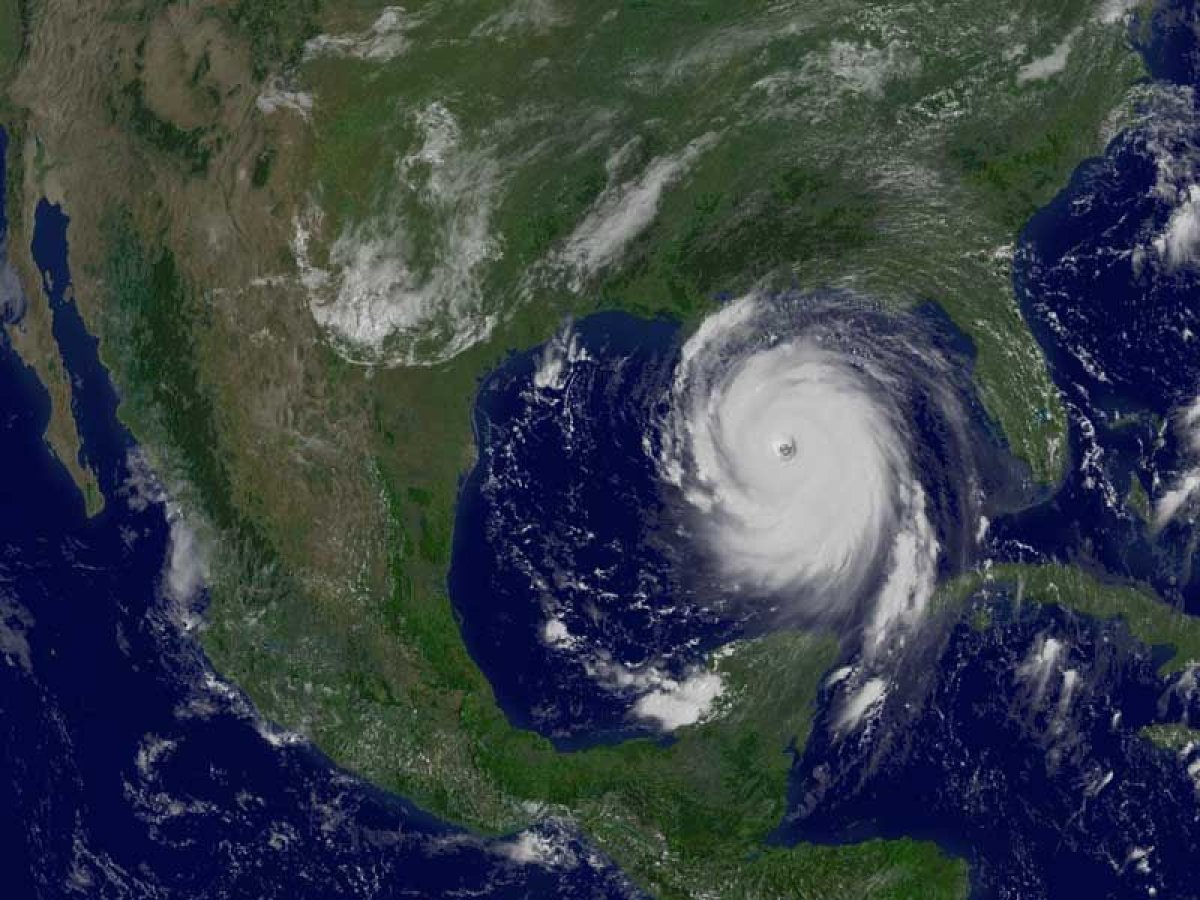The rain has finally stopped in Texas as Houston-area residents start to reckon with the aftermath of the record-breaking storm. It's too early to begin calculating the loss and damage Harvey has caused, but cost estimates are already hitting tens of billions of dollars. According to the latest reports, 30 people have died.
It may well feel like a phenomenon on a whole new scale, particularly given climate scientists' predictions that storms will intensify as the planet continues to warm.

Looking at the financial costs of hurricanes hitting the United States, that seems very true. The National Oceanic and Atmospheric Administration's most recent data on the 30 costliest cyclones, last updated in 2013, is topped by nine tropical storms (and Sandy, which was no longer a cyclone when it made landfall). The oldest storm is Hurricane Hugo, which hit South Carolina in 1989. Only one other storm from the 1900s makes the list.
Katrina, Sandy and Andrew were the most expensive, responsible for $128 billion, $72 billion and $43 billion in damages, respectively. The most expensive storm to hit Texas to date, Ike in 2008, caused $31 billion in damage.
Despite the price tag, it's important to keep in mind that some of those costs come simply from having more property on the coasts.
Casualties appear to have decreased over the years. Of the 25 most deadly hurricanes in the U.S. since the government began tracking storm fatalities, only Katrina occurred in the past 40 years. That storm directly caused 1,500 deaths.

(The way the government tracks these numbers can be nit-picky because it limits calculations solely to deaths directly tied to the storm itself, and because of the huge uncertainty in what has happened in individual cases. Hurricane Rita in 2005 offers a depressing reminder of how discriminating the numbers can be: The National Hurricane Center declared it was responsible for just seven deaths, but a fraught Houston evacuation of 2.5 million people when the storm was predicted to hit the city caused about 100 deaths.)
If current estimates prove accurate, Harvey will likely end up among the 50 most deadly U.S. hurricanes according to government numbers. The generally low death tolls in modern storms are thanks to greatly improved weather forecasting technology.
In terms of the storm itself, Harvey doesn't make much of an impression in wind speed, the standard way meteorologists evaluate hurricanes. When the storm first made landfall, it featured winds of up to 130 miles per hour, rendering it just barely a Category 4 hurricane on the five-step scale. Winds had tamed to 40 miles per hour for much of the storm's duration. Hurricane Patricia in 2015 produced the fastest winds on record, reaching 200 miles per hour out at sea.
Instead, Harvey packed its real punch in water. On U.S. land, only a couple of tropical storms have ever equaled its rainfall: 1950's Hiki in Hawaii, with 52 inches, and 1978's Amelia in Texas, with 48 inches.
That's cold comfort for Houston as it begins to reckon with the trillions of gallons of water that continue to inundate the city.
Uncommon Knowledge
Newsweek is committed to challenging conventional wisdom and finding connections in the search for common ground.
Newsweek is committed to challenging conventional wisdom and finding connections in the search for common ground.
About the writer
Meghan Bartels is a science journalist based in New York City who covers the science happening on the surface of ... Read more
To read how Newsweek uses AI as a newsroom tool, Click here.








